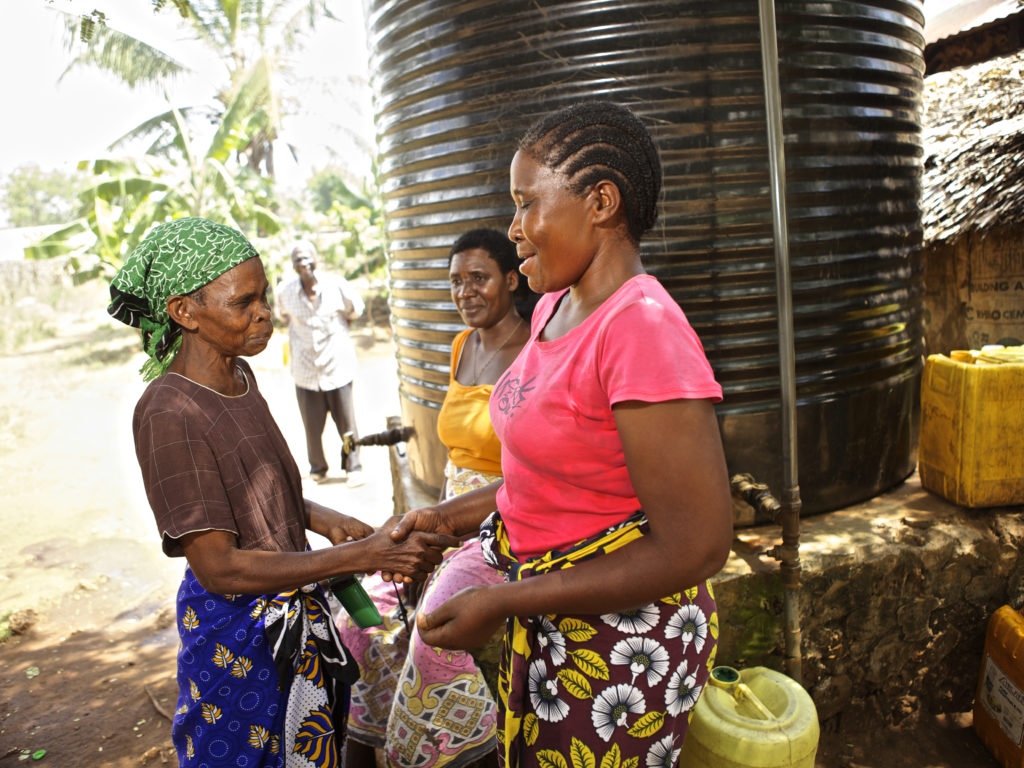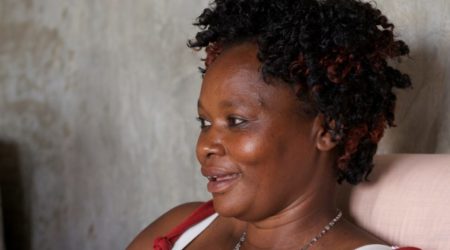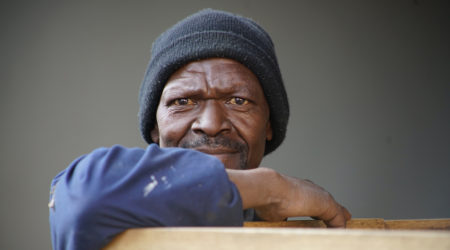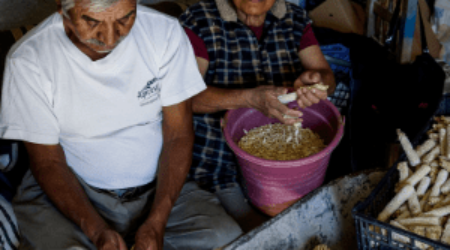Dilemmas of distancing

Originally posted on the FSD Kenya Website, April 9, 2020
Barriers to coronavirus prevention behaviour change in Kenya
Like most governments around the world, the Kenyan government has been spreading messages about coronavirus prevention as far as they are able. Top on their list of recommendations are to wash hands regularly in running water, to maintain a distance of two meters between yourself and anyone coughing or sneezing, to avoid shaking hands and touching other people, and, as much as possible stay home.
Our phone interviews with ordinary Kenyans in rural and urban areas throughout the country seem to suggest that these messages are getting through, but that adherence to the guidelines depends on what is feasible for people to do in the face of some serious trade-offs. For example, while nearly everyone has reported increasing the frequency with which they and household members wash their hands, far fewer have found it possible to stay home completely, forgoing the chance to earn an income. Kenyans are weighing the risk of contracting coronavirus against the risk of not being able to feed one’s family.
From what I’m hearing, one researcher reported back, “The people from the informal settlements [in Mombasa] are more concerned with what they will eat. They have experienced hunger, and they know how it feels. For Corona, they haven’t experienced it yet, and say they are not worried about it until it catches up with them.”
Last week, rumours of a “total lockdown” were mentioned by many people who felt the pressure to keep working and keep their businesses running until they would no longer be allowed in public. They were worried that the little money they had wouldn’t go very far in terms of stocking up, so they wanted to delay that as much as possible before having to press pause on income generating activities.
But the uncertainty of when new restrictions would hit and what they would entail created uncertainties that made it hard for many to plan. Small traders this week are reporting that they used their working capital to stock up food for the house. But, they also see that the “total lockdown” hasn’t materialised, and they find themselves unable to trade at the volumes that might otherwise be possible since they’ve cut into their working capital. At the moment, the median household has just about eight days’ worth of food in the house right now.
The realities of people’s living conditions also make some kinds of distancing impossible. Among the 60 respondents we spoken with so far, there is an average of 2.2 household member per every room of a house in urban areas and 1.8 in rural areas. Cramped quarters and children home from school make the young people especially want to get outside. A number of parents expressed worry that they just couldn’t keep their kids from playing and that this posed a risk to the entire household. One mother in Nairobi is only allowing the kids out at certain times, so they don’t interact with the children who aren’t being restricted.
A few respondents complained that their spouses may not be as cautious as they are. One woman in Vihiga explained, “You have to share the house and the bed. When one leaves the house, you don’t know who they have come in contact with. But, as they say, ‘for better for worse!’”
Shared amenities also make social distancing a challenge. In Mombasa, a respondent told us that her family shares a single toilet with 30 other families. “It’s hectic out there!” She complained. There are long queues to get inside, and she’s very worried about infections they could be sharing with one another through the toilet. She just hopes it keeps working through this difficult period, since it’s a flush toilet that requires water.
Very few respondents were not alarmed by the real health risk that the coronavirus represents. “Have you seen the news from China?” Fiona in Nairobi asked. “And they are a superpower!” The challenge is that the conditions for mass social distancing simply don’t exist right now for ordinary people. The kind of “lockdown” respondents fear (and one poll claims they want), requires sufficient food or cash resources for the entire duration and assurances that more will follow if the period is extended; improved toilet and water amenities, particularly in urban slums; reasonable, managed access to outdoor spaces; and possibly even temporary housing for some. Without such supports, as we are seeing elsewhere around the world, distancing is a privilege.
This is part of a series of rapidly-produced blogs on how low-income Kenyans are coping with the changes in their lives induced by the novel Coronavirus (COVID-19). This research was implemented in partnership between BFA Global and FSD Kenya. Read more about the Kenya Financial Diaries project here. We will continue checking in with Diaries participants throughout the crisis. For the latest news and insights from this work, follow @FSDKe and @BFAGlobal on Twitter, as well as hashtags #Covid19DiariesKenya and #KomeshaCorona.



